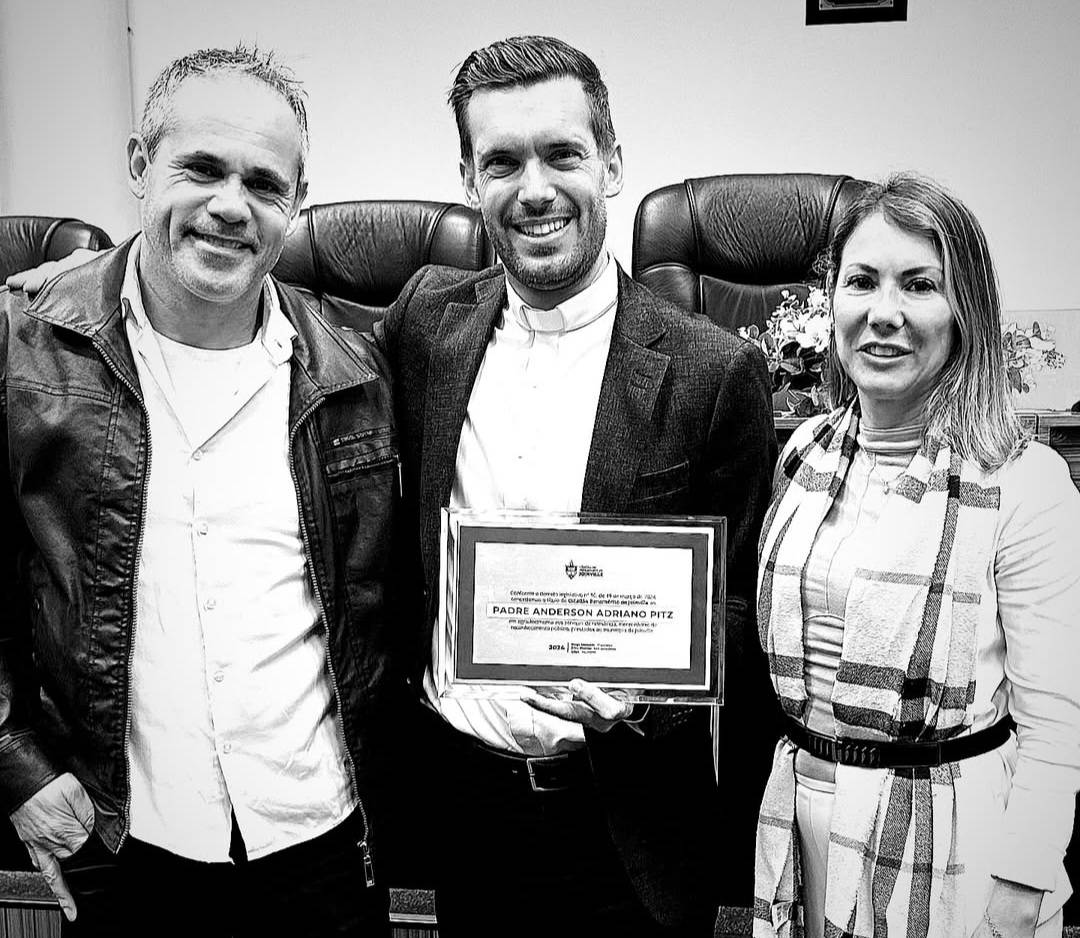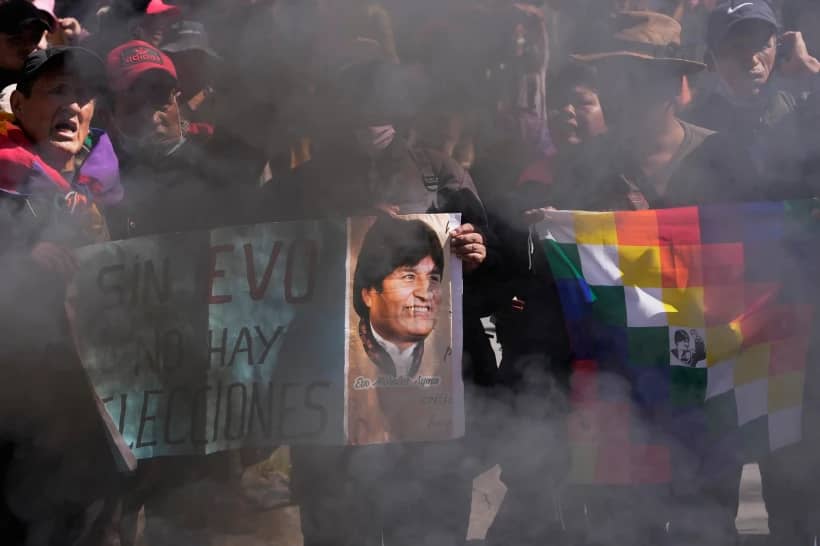ROSARIO, Argentina — The Catholic bishops of Nicaragua are calling for a peaceful 2021, when presidential elections are set to be held.
The bishops have long been on the opposing side of President Daniel Ortega and his wife, Vice President Rosario Murillo.
In 2018, when the Nicaraguan people took to the streets to protest a series of measures by the government that answered with the military repressing civilians, the Catholic hierarchy quickly made the decision to open churches as safe heavens and field hospitals to treat the wounded. Ever since, Ortega and Murillo have treated the bishops as leaders of the country’s opposition. Several of them were attacked, and Bishop Silvio Baez, auxiliary of Managua, was exiled, at Pope Francis’s request, following a series of threats against his life.
According to Cardinal Leopoldo Brene’s of Managua, the bishops fear that 2021 will become violent or confrontational, particularly due to the upcoming polls.
“We’ll have new challenges, Nicaragua will enter a process of preparation for the presidential elections, and as political analysts say, every campaign year risks becoming violent or confrontational. There, we have our big challenge: accompanying the faithful from the Gospel,” he said in late December.
“We have prepared a work program based on Pope Francis’s Encyclical Fratelli Tutti, in order to apply it to the different situations of the country, in order to live this 2021 as a year without violence,” Brenes said in a video sent to Crux on Dec. 27.
“We don’t know with precision what 2021 will have in store for us, but we want to avoid any kind of violence,” he said.
Brenes also noted that the Catholic Church in Nicaragua believes that the solution to the country’s socio-political crisis will only be achieved through dialogue.
Bishop Rolando Jose Alvarez of Matagalpa, during Sunday’s celebration of the feast of the Holy Family, called on Nicaraguans to truly become a family, even when there are members who think differently, but still respect one another.
“When differences are recognized with respect, then real progress can happen and be promoted,” he said. “Nicaraguans have to face great challenges and difficulties.”
It’s in the family, Alvarez said, that key virtues are learned: Dialogue, non-violence, peace and justice. Thus, the Nicaraguan family can live in respect and peace, succeeding in educating themselves in freedom, the equitable distribution of wealth, and promoting a sustainable human development with God’s help.
Referring to the upcoming elections, Alvarez said that sometimes, the “horizon seems too somber, but our faith in God cannot be broken,” he said. “Our own abilities help us keep our spirits high, revitalizing our strength and with our hope in building this great Nicaraguan family renewed. We can respect one another, be educated for freedom, living in justice and harmony, precisely to accomplish a progress that better distributes wealth and with an institutional reality we can feel proud of.”
“Nicaragua is made for great things,” Alvarez said. “Together and with God, we’ll achieve this.”
Speaking in the Saint Agatha Church in Miami, Baez spoke about the persecution and violence suffered by the Holy Family, “threatened by the governor, who had the children of Bethlehem killed.”
“Jesus was born into a normal family, with economic problems, forced to flee. Here, we can see the resemblance with migrant families,” he said.
The Holy Family, he said, is found in each exiled family forced to flee their countries because of the arrogance and violent repression of those in power, as well as those forced to migrate due to poverty.
Nicaraguan elections are to be held Nov. 7, 2021.
However, a new law passed by Nicaragua’s ruling party-dominated Congress gives Ortega the power to unilaterally declare citizens as “terrorists” or coup-mongers, classify them as “traitors to the homeland,” and ban them from running as candidates.
Given that Ortega freely applied those terms not only when speaking about the bishops but also virtually the entire opposition during the massive 2018 protests against his regime, the new law is aimed at removing any roadblock there might be to securing his near-perpetual rule over Nicaragua.
Follow Inés San Martín on Twitter: @inesanma

















